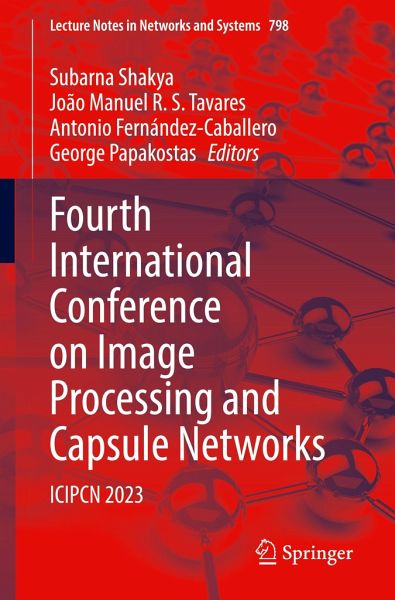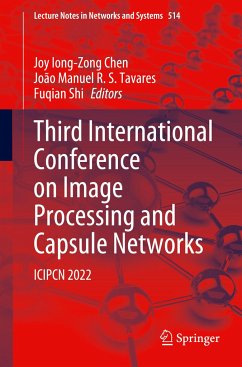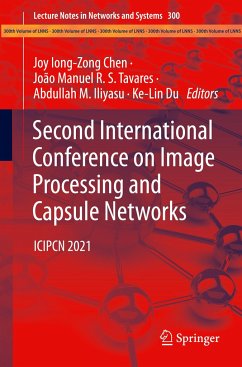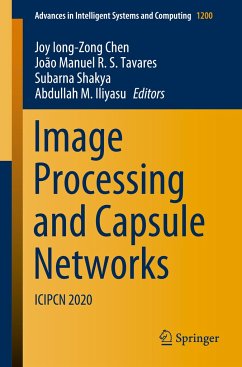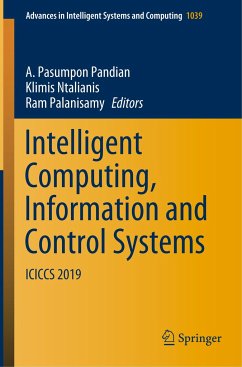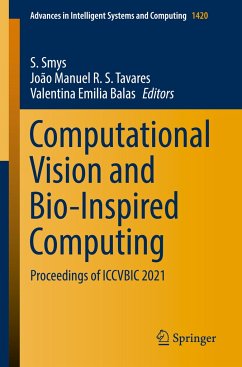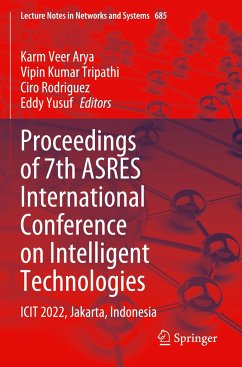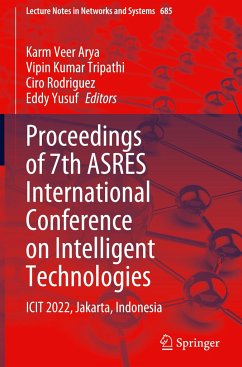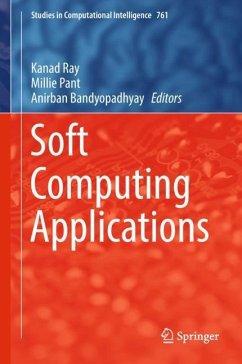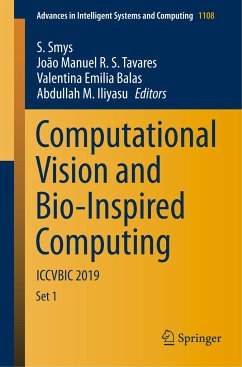Dr. Prof. Subarna Shakya is currently a professor of Computer Engineering, Department of Electronics and Computer Engineering, Central Campus, Institute of Engineering, Pulchowk, Tribhuvan University, Coordinator (IOE), LEADER Project (Links in Europe and Asia for Engineering, eDucation, Enterprise, and Research Exchanges), ERASMUS MUNDUS. He received M.Sc. and Ph.D. degrees in Computer Engineering from the Lviv Polytechnic National University, Ukraine, 1996 and 2000. respectively. His research area includes e-government system, computer systems and simulation, distributed and cloud computing, software engineering and information system, computer architecture, information security for e-government, and multimedia system. João Manuel R. S. Tavares graduated in Mechanical Engineering at the Universidade do Porto, Portugal, in 1992. He also earned his M.Sc. degree and Ph.D. degree in Electrical and Computer Engineering from the Universidade do Porto in1995 and 2001 and attained his Habilitation in Mechanical Engineering in 2015. He is a senior researcher at the Instituto de Ciência e Inovação em Engenharia Mecânica e Engenharia Industrial (INEGI) and an associate professor at the Department of Mechanical Engineering (DEMec) of the Faculdade de Engenharia da Universidade do Porto (FEUP). João Tavares is a co-editor of more than 55 books and co-author of more than 50 book chapters, 650 articles in international and national journals and conferences, and 3 international and 3 national patents. He has been a committee member of several international and national journals and conferences, is co-founder and co-editor of the book series "Lecture Notes in Computational Vision and Biomechanics" published by Springer, founder and editor-in-chief of the journal "Computer Methods in Biomechanics and Biomedical Engineering: Imaging and Visualization" published by Taylor & Francis, editor-in-chief of the journal "Computer Methods in Biomechanics and Biomedical Engineering" published by Taylor & Francis, and co-founder and co-chair of the international conference series: CompIMAGE, ECCOMAS VipIMAGE, ICCEBS and BioDental. Additionally, he has been a (co-)supervisor of several M.Sc. and Ph.D. thesis and supervisor of several post-doc projects and has participated in many scientific projects both as researcher and as scientific coordinator. Antonio Fernández-Caballero received his Master in Computer Science from the School of Computer Science at the Technical University of Madrid, Spain, and he received his Ph.D. from the Department of Artificial Intelligence of the National University for Distance Education, Spain. He is a full professor at the University of Castilla-La Mancha, Albacete, Spain. His interests enforce him to be part of the membership in National Society Networks AERFAI (Spanish Association of Pattern Recognition and Image Analysis), RTNAC (National Natural and Artificial Computation Network), RedAF (Physical Agents Network), AIPO (Association of Human-Computer Interaction) and Spanish Technology Platform on Robotics (Hisparob) and European networks euCognition (The European Network for the Advancement of Artificial Cognitive Systems), and SIMILAR (The European taskforce Creating human-machine interfaces SIMILAR to human-human communication). George A. Papakostas received the Diploma degree in electrical and computer engineering in 1999 and the M.Sc. and Ph.D. degrees in electrical and computer engineering in 2002 and 2007, respectively, from the Democritus University of Thrace (DUTH), Greece. From 2007 to 2010, he served as an adjunct lecturer with the Department of Production Engineering and Management, DUTH. He currently serves as an adjunct assistant professor with the Department of Computer and Informatics Engineering, Technological Educational Institution, Eastern Macedonia and Thrace, Greece. In 2012, he was elected as a full professorin the aforementioned Department of Computer and Informatics Engineering. He has co-authored more than 70 publications in indexed journals, international conferences, and book chapters. His research interests include pattern recognition, computer/machine vision, computational intelligence, machine learning, feature extraction, evolutionary optimization, and signal and image processing.
